Neurosciences
See also: https://medicine-test.wustl.edu/patient-care/neurology-neurosurgery-services/
As leaders in their field, Washington University neurologists are focused on understanding, treating and preventing a wide range of neurological disorders among patients of all ages.
From movement disorders to Alzheimer’s disease, our physicians and researchers are exploring the inner workings of the brain and nervous system, leading clinical trials and world-class research, while also training the next generation of neurologists.
Priorities
- Alzheimer’s Disease [link to separate landing page]
- Human Connectome Project (HCP)
- Memory
- Movement Disorders (Parkinson’s, Huntington’s, Tourette’s, etc.)
- Multiple Sclerosis (MS)
- Neurosurgery
- Stroke & Cerebrovascular
- Traumatic Brain Injury
People
Alzheimer’s & Memory
Child Psychiatry
Epilepsy
Human Connectome Project (HCP)
Movement Disorders
Multiple Sclerosis (MS)
Neurosurgery
Psychiatry
Stroke
Traumatic Brain Injury
Collaborations
- Hope Center research groups
- Human Connectome Project (HCP)
- Neuroinformatics Research Group (NRG)
- Neurologic AIDS Research Consortium (NARC)
Centers and Institutes
Clinical
- Adult Epilepsy Center
- Brain Laser Center
- John L. Trotter Multiple Sclerosis (MS) Center
Headache Center- Memory Diagnostic Center
- Neuro-Oncology at Siteman Cancer Center
Pediatric Epilepsy Center- Neurofibromatosis (NF) Center
- Stroke & Cerebrovascular Center
Sleep Medicine Center
Research
- Center for Innovation in Neuroscience and Technology (CINT)
- Charles F. and Joanne Knight Alzheimer’s Disease Research Center (Knight ADRC)
- John L. Trotter MS Center
- Hope Center for Neurological Disorders
Intellectual and Developmental Disabilities Research Center (IDDRC)- Neurofibromatosis (NF) Center
- Neuroimaging Laboratory (NIL) at Mallinckrodt Institute of Radiology
- Taylor Family Institute for Innovate Psychiatric Research
Tuberous Sclerosis Center (TSC)
Funding
- Current NIH funding at the School of Medicine for neurosciences research totals more than $40M and includes:
- Alzheimer’s/Dementia: $30M
- Human Connectome Project: $6M
- Stroke: $1.8M
- Multiple Sclerosis (MS): $1.2M
- $6.5 million grant from the Eunice Kennedy Shriver National Institute of Child Health & Human Development of the National Institutes of Health (NIH) for the Intellectual and Developmental Disabilities Research Center (IDDRC) (JC, BS)
- $20 million to fund the Taylor Family Institute
News
Features
- Research center seeks broad solutions for neurological diseases – Innovate Neurology & Neurosurgery (5/4/15)
- Restoring Joy: Understanding early childhood depression could alter the course of a life – Outlook (Feb 2015)
- Malignant brain tumor care advances with greater precision and customization – Innovate Oncology (12/12/15)
- The Human Connectome: Effort to relate brain connectivity to individual capabilities will establish a new baseline for future studies – Outlook (Oct 2014)
- Psychiatry’s Therapeutic Frontier: Partnership envisions novel treatments for mental illness – Outlook (Jun 2014)
- Preventing Alzheimer’s: Can it be done? A groundbreaking study aims to find out. – Outlook (Feb 2014)
Selected In the News
- Dissolvable Brain Sensors Disintegrate Once Their Job Is Done – Atlantic (1/19/16)
- Depression in Preschool Changes the Brain, Study Shows – Time (12/16/15)
- Tackling Concussion Recovery: How to Accommodate Injured Kids – U.S. News (11/24/15)
- Implantable LED Devices Could ‘Turn Off’ Pain Signals Before They Reach the Brain – Popular Mechanics (11/10/15)
- Brain-computer interface reverses paralysis in stroke victims – Reuters (6/9/15)
- Mother fights brain cancer with electric fields – Reuters (6/3/15)
- Why a Woman in her 30s Decided to Find Out If She Will Get Alzheimer’s – People (3/2/15)
Selected News Releases
- Team develops wireless, dissolvable sensors to monitor brain (1/18/16)
- Poverty linked to childhood depression, changes in brain connectivity (1/15/16)
- Schizophrenia symptoms linked to features of brain’s anatomy (10/13/15)
- Surgeons restore hand, arm movement to quadriplegic patients (10/8/15)
- Brain’s ability to dispose of key Alzheimer’s protein drops dramatically with age (7/30/15)
- Device delivers drugs to brain via remote control (7/16/15)
- Scientists find new link between diabetes and Alzheimer’s (5/4/15)
- New understanding of stroke damage may aid recovery (3/5/15)
- Mental health soon after war-zone concussions predicts disability (3/4/15)
- Difficult behavior in young children may point to later problems (1/15/15)
Clinical trials/studies
Alzheimer’s
Movement Disorders
Multiple Sclerosis (MS)
Neurofibromatosis (NF)
Neurosurgery
Sleep
Stroke & Cerebrovascular Disease
Images/visual themes
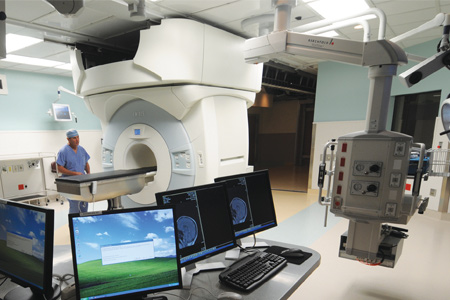
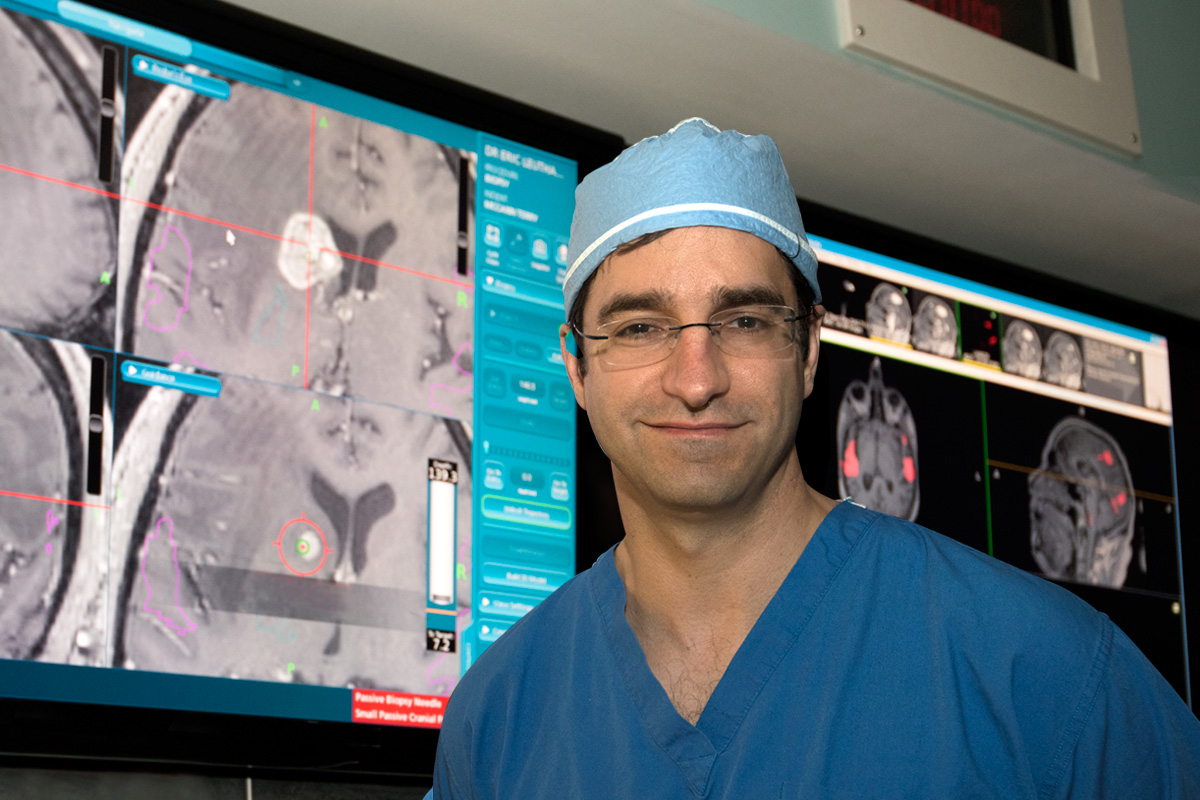
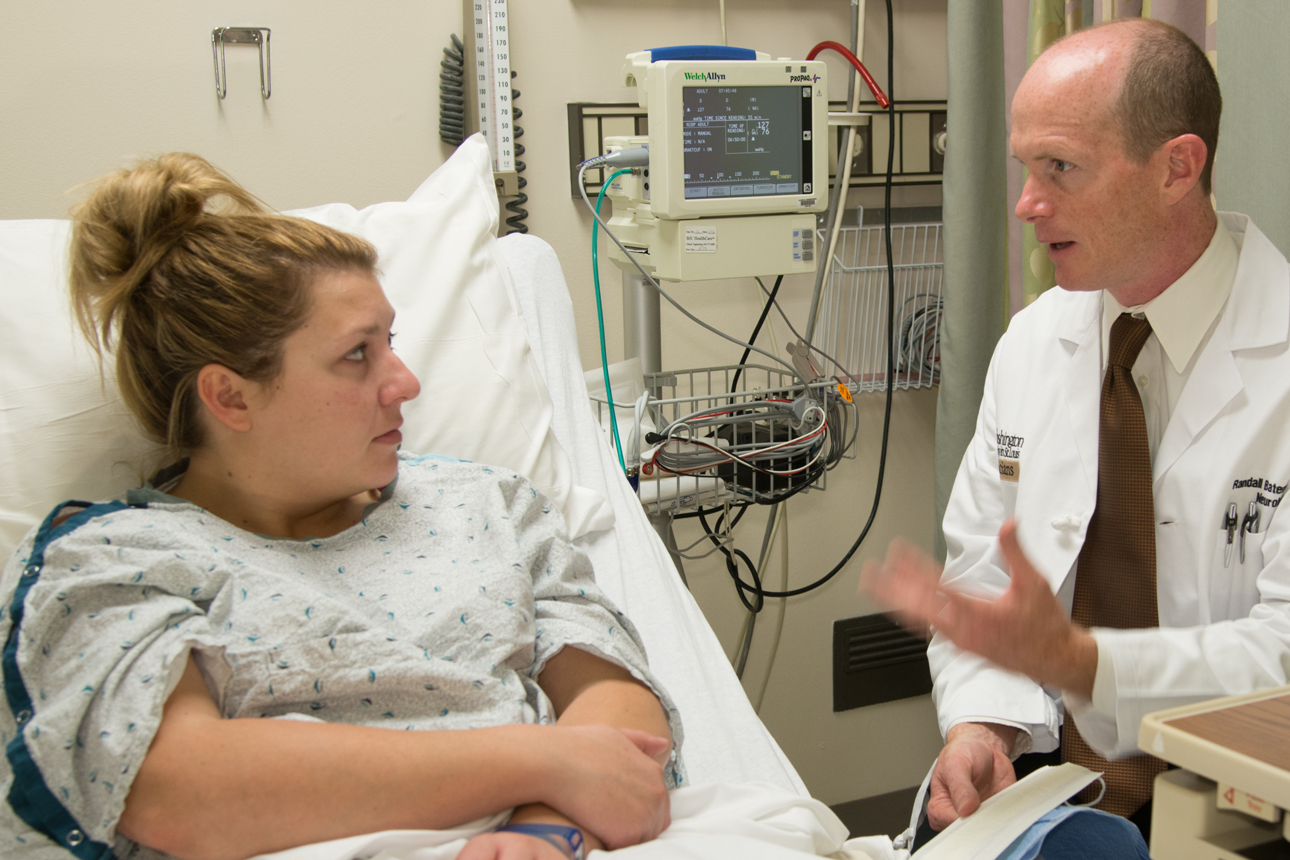 Robert Boston
Robert Boston
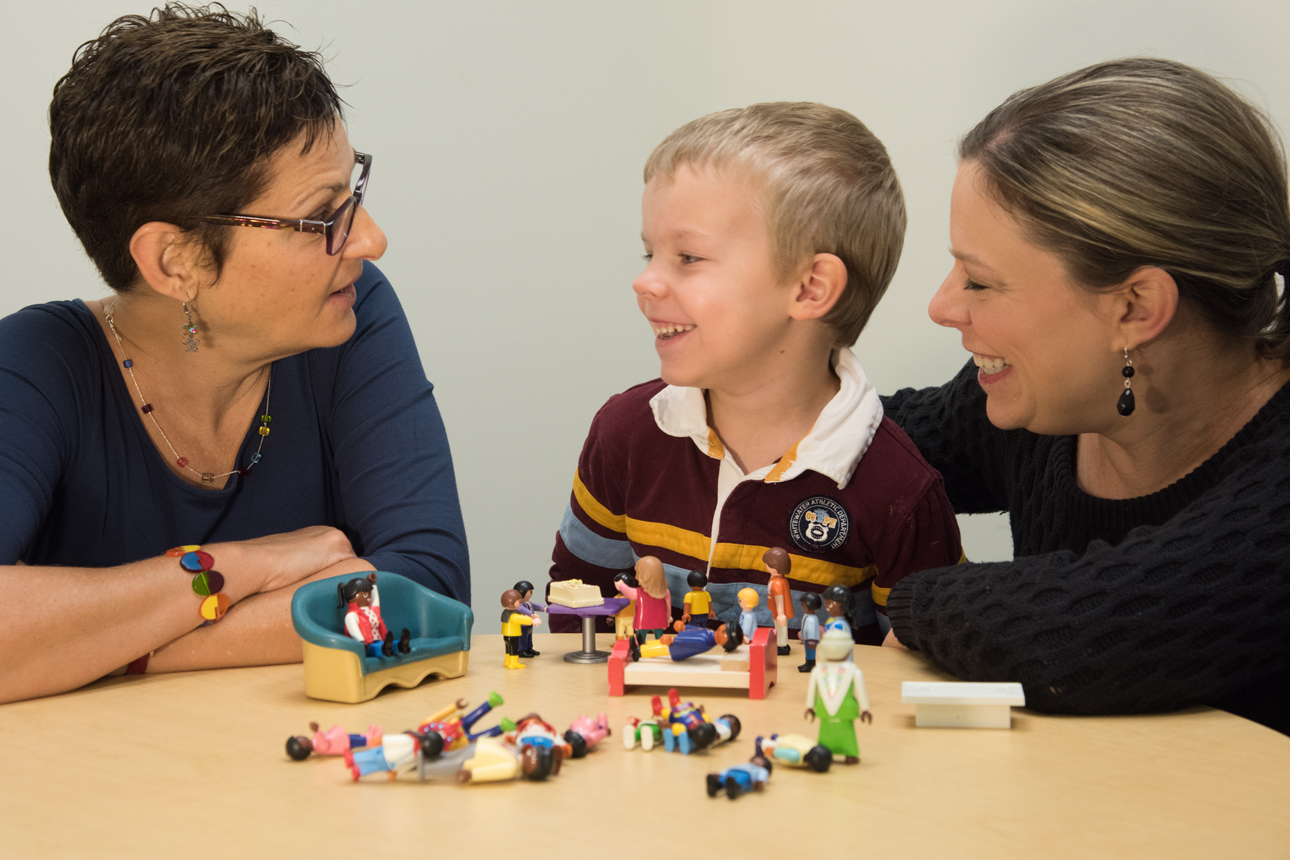
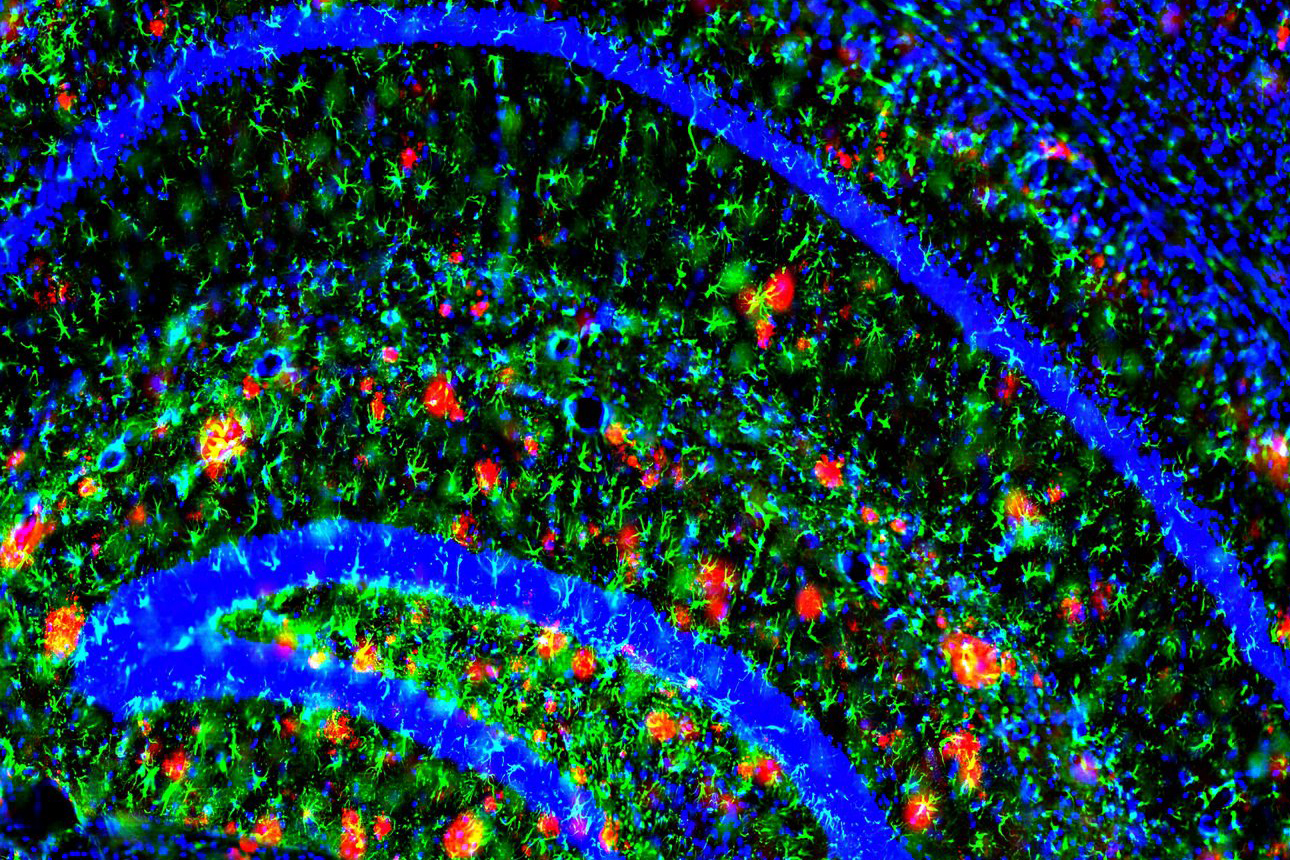
Card sort: https://trello.com/b/7aYUnNVL/master-neursciences-key-strengths





